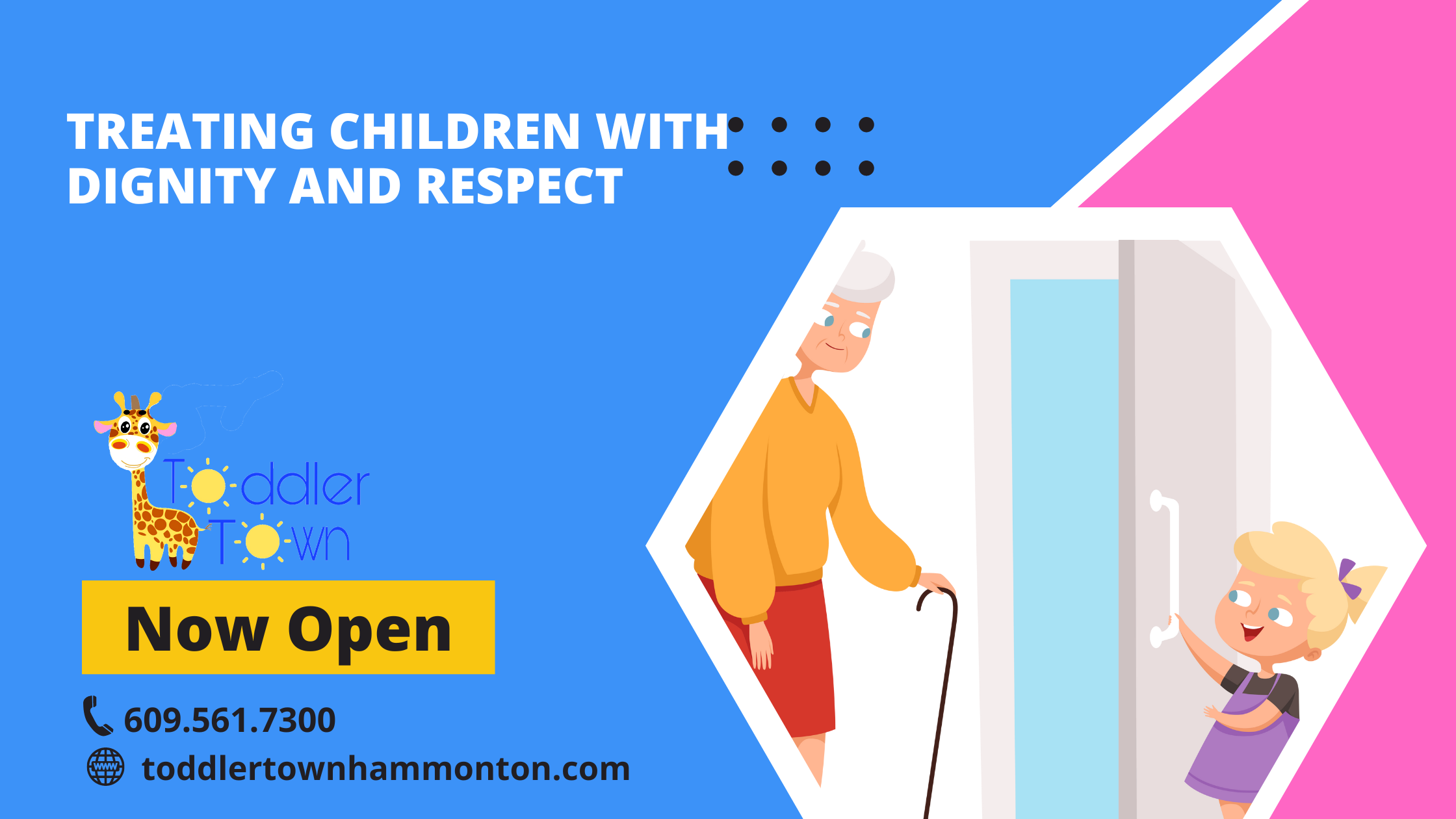When it comes to treating children with dignity and respect, there are a few key things to keep in mind. First and foremost, it’s important to remember that children are human beings with their own thoughts, feelings, and needs. Just like adults, they deserve to be treated with kindness, patience, and understanding.
It can be easy to forget this when dealing with kids who are acting out or testing boundaries. But it’s important to remember that even when they’re misbehaving, they are still deserving of our respect. This doesn’t mean we have to agree with everything they do – but it does mean listening to them, hearing them out, and treating them fairly.
When we take the time to treat children with dignity and respect, we help them feel valued and appreciated.
The importance of treating children with dignity and respect
It is important to treat children with dignity and respect. This means that we should listen to them, take them seriously, and acknowledge their feelings and thoughts. When we do this, we show them that we value them as individuals. This helps children feel good about themselves and builds their self-esteem. It also promotes positive behaviour and relationships.
How to treat children with dignity and respect
In order to treat children with dignity and respect, we must first understand what those terms mean. Dignity is the quality or state of being worthy of honor or esteem. Respect is the act of regarding someone or something with admiration or esteem.
When we treat children with dignity and respect, we are acknowledging their inherent worth as human beings. We are also sending the message that we believe they are capable of great things. This sets the stage for a positive, productive relationship between parent and child.
There are many ways to show children that they are valued and respected. One way is to simply spend time with them, listening to them and getting to know them as individuals. Another way is to give them choices and allow them some control over their own lives. Finally, it’s important to praise their efforts and accomplishments, no matter how small.
The benefits of treating children with dignity and respect
When it comes to raising happy, well-adjusted children, treating them with dignity and respect is one of the most important things you can do. Here’s why:
- It helps them feel valued.
When you treat your children with dignity and respect, they feel valued and appreciated. This, in turn, boosts their self-esteem and confidence. Knowing that they are respected by the people who matter most to them gives children a strong foundation to build their lives on.
- It teaches them how to treat others.
One of the most important lessons we can teach our children is how to treat others with kindness and respect. By modeling respectful behavior ourselves, we show our kids that this is the way we expect them to behave towards others. It’s also a good idea to talk to your kids about the fact that the way they treat you is how THEY want to be treated.
- It teaches them how to handle conflict.
When we talk about disagreements with our kids, we teach them how to handle conflict in a healthy way. We can help them learn how to come up with solutions that make everyone happy, and how to compromise when they aren’t able to do so.
In conclusion, it is evident that treating children with dignity and respect is of the utmost importance. By doing so, we are setting a positive example for future generations and teaching them the importance of treating others with kindness and respect. It is our hope that by instilling these values in our children, we can create a more compassionate and tolerant world for everyone.
How to strengthen communication skills
In order for children to be successful in life, it is important for them to have strong communication skills. Communication skills involve being able to effectively express oneself both verbally and nonverbally. There are many ways that parents and caregivers can help their children strengthen their communication skills. One way is to provide opportunities for the children to talk with others, and learn how to listen attentively and respond appropriately. Additionally, parents and caregivers can model good communication skills themselves. By doing so, children will be more likely to develop strong communication skills of their own.
Roleplaying games
Roleplaying games have been used for years to help children develop communication skills. These games allow kids to use their imaginations and create new worlds while learning how to interact with others. These games can help kids learn how to take on different roles, solve problems, and communicate more effectively.
Also, roleplaying games are a great tool for teachers and parents that wish to teach their children about the world around them. By allowing children to play out different scenarios in which they interact with other characters, they can learn how to relate to others, work together, and solve problems.
Nonverbal communication
When most people think of communication, they think of talking. However, communication is more than just talking. It also includes the use of body language and facial expressions. Nonverbal communication can be just as important as verbal communication. In fact, it may even be more important.
Nonverbal communication helps us to communicate with others without using words. It can help us to express our feelings and emotions, and it can also help us to understand the feelings and emotions of others. Nonverbal communication can be very helpful in relationships, both personal and professional.
Exercises to improve communication skills
It seems like some people are born with great communication skills, others need to work on them. If you’re one of the latter, don’t worry – there are plenty of exercises you can do to improve you’re your kid’s communication skills.
One great way is to encourage their practice in public speaking. This can be done by them giving presentations at school and at home. Another way to improve your kids communication skills is by encouraging their practice of active listening. This involves parents or caregivers showing kids how to pay close attention to what the other people are saying, making sure they understand the conversation, and that they respond in a way that reflects that understanding.
In conclusion, communication skills are important for everyone, but especially kids. By strengthening these skills at an early age, we can help them better navigate through life. There are many ways to do this, and it is important to find the right method for each child. With some effort, we can help our kids become better communicators and strengthen the relationships they have with others.

